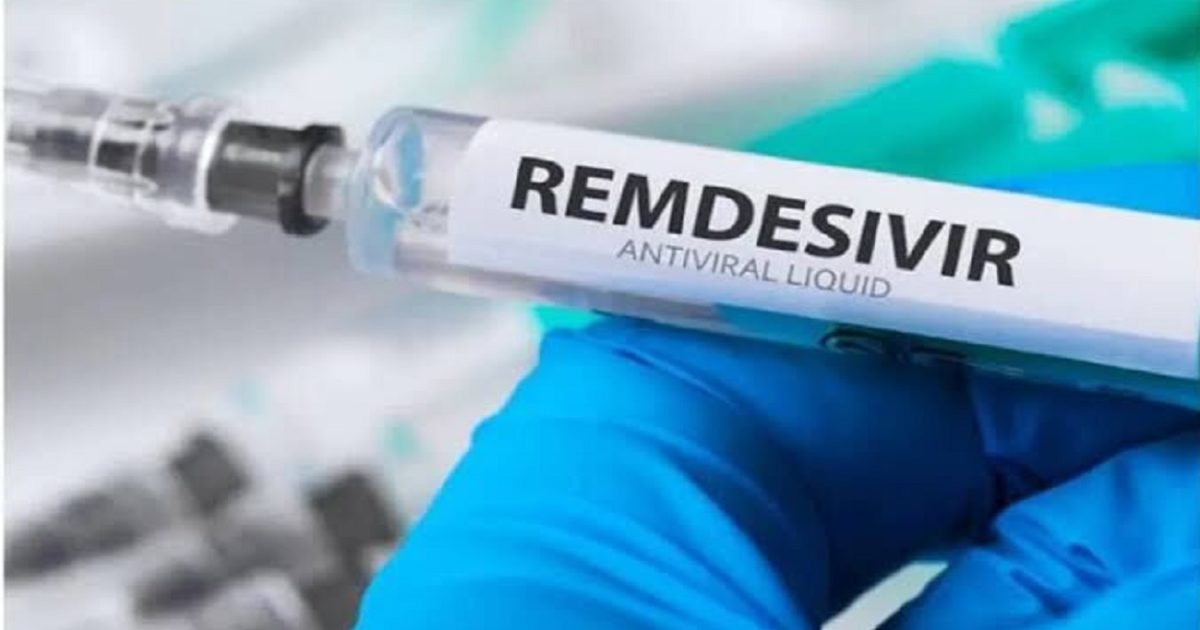“Today, the U.S. Food and Drug Administration expanded the approval of the COVID-19 treatment Veklury (remdesivir) to include pediatric patients 28 days of age and older weighing at least 3 kilograms (about 7 pounds) with positive results of direct SARS-CoV-2 viral testing,” the FDA said in a press release.
The approval includes children who are:
- Hospitalized, or
- Not hospitalized and have mild-to-moderate COVID-19 and are at high risk for progression to severe COVID-19, including hospitalization or death.
Per the FDA:
This action makes Veklury the first approved COVID-19 treatment for children less than 12 years of age. As a result of today’s approval action, the agency also revoked the emergency use authorization for Veklury that previously covered this pediatric population.
Before now, Veklury was only approved to treat certain adults and pediatric patients (12 years of age and older who weigh at least 40 kilograms, which is about 88 pounds) with COVID-19.
As we’ve previously reported, remdesivir is a toxic, ineffective drug used for COVID-19 treatment.
WATCH: Dr. Bryan Ardis – Hospital Protocols Are Killing COVID-19 Patients By Prescribing Remdesivir
FDA Expands Emergency Use Authorization of Remdesivir to Pediatric Patients Under 12 Years of Age
Dr. Michael Yeadon States Most COVID-19 Deaths Directly Attributed to Remdesivir or Midazolam
Two Separate Doctors Claim OVER 100 Members of Congress Treated With Ivermectin!
This is absolutely disgusting. An openly toxic and ineffective drug being approved for kids for a virus that doesnt clinically affect them https://t.co/SWW1mFu2rA
— Daniel Horowitz (@RMConservative) April 25, 2022
Daniel Horowitz of The Blaze highlighted months ago how remdesivir is the greatest scandal of the “pandemic:”
Researchers from the Yale School of Medicine posted a preprint study in which they discovered a mutated version of SARS-CoV-2 that appears to have redeveloped in a previously infected immunocompromised woman who was treated with remdesivir. Researchers were able to sequence the genome in a way that made it clear it was related to the remdesivir use in the patient. The patient was later cured by monoclonal antibodies. “This case illustrates the importance of monitoring for remdesivir resistance and the potential benefit of combinatorial therapies in immunocompromised patients with SARS-CoV-2 infection,” the study’s authors wrote.
Obviously, this mutation appears to be a rare find, but why would we run the risk of spending $3,000 a person on a therapeutic that doesn’t work anyway if it may create immune escape?
Which raises the question: Why are we not treating everyone early with therapeutics like Regeneron, ivermectin, hydroxychloroquine, and other proven safe, cheap, and effective drugs that don’t case renal failure like remdesivir and don’t run the risk of inducing mutations? This is particularly important for those who are immunocompromised. The last thing people who already have fragile organs should be taking is remdesivir.
In many respects the fact that remdesivir was ever approved and is still the only standard of care, as it kills patients and lines the pockets of both hospitals and the maker, Gilead, is possibly the worst scandal of this entire ordeal. On Feb. 5, Reuters reported that none other than the Wuhan Institute of Virology of the China Academy of Sciences sought a patent on Gilead’s remdesivir, a failed drug repurposed from treatment of Ebola, based on the alleged improvement of a single individual COVID patient reported in the New England Journal of Medicine. Incidentally, the only drug ever approved for COVID was developed by Dr. Ralph Baric’s lab at UNC Chapel Hill, the same lab that applied for the coronavirus spike protein gain-of-function research and is suspected by many to be behind the creation of this virus.
And this toxic drug is the first FDA-approved COVID-19 treatment for young children.
Absolutely sickening!



Join the conversation!
Please share your thoughts about this article below. We value your opinions, and would love to see you add to the discussion!